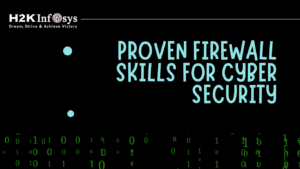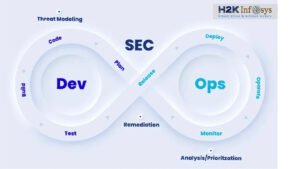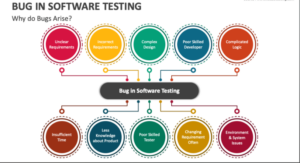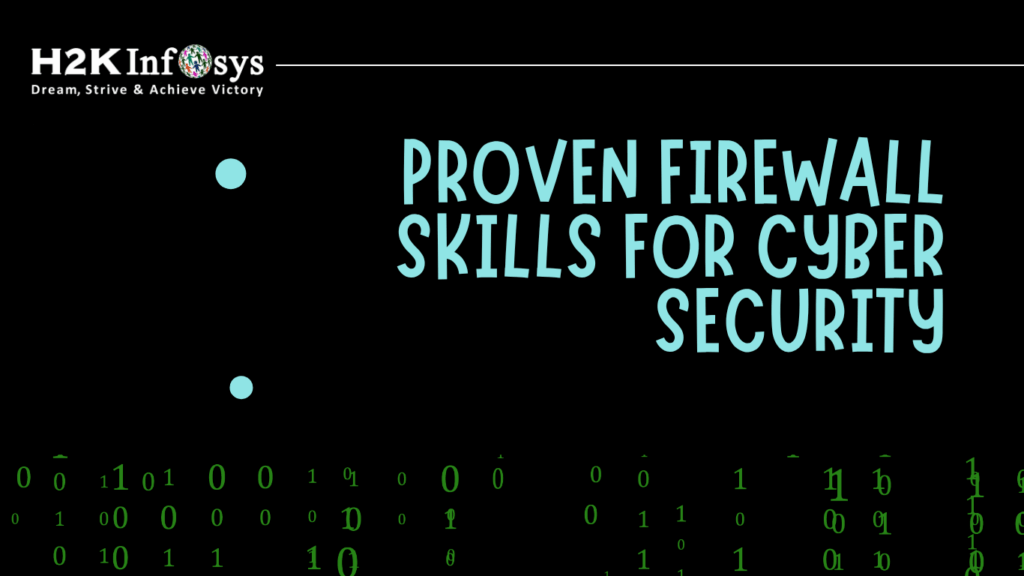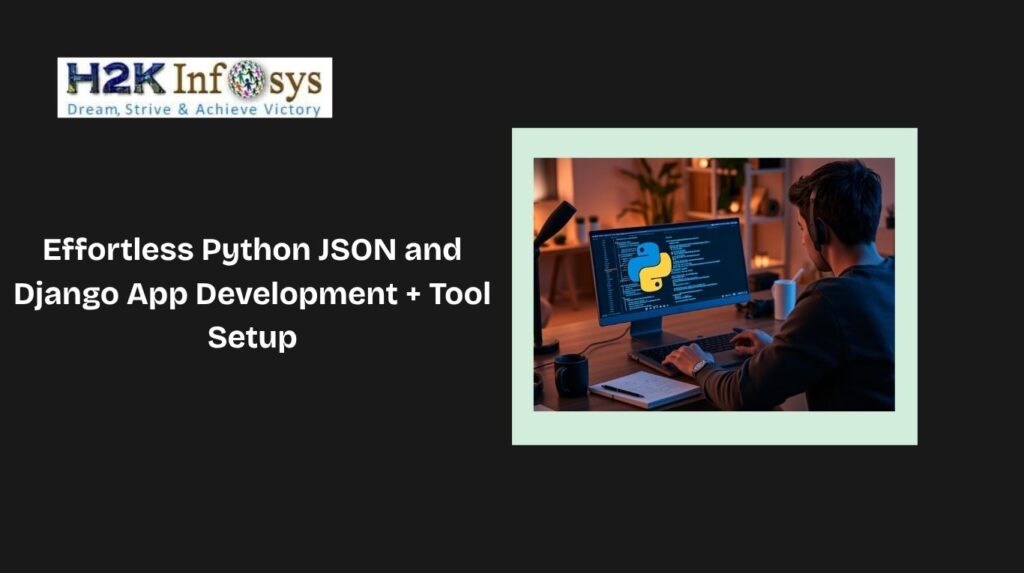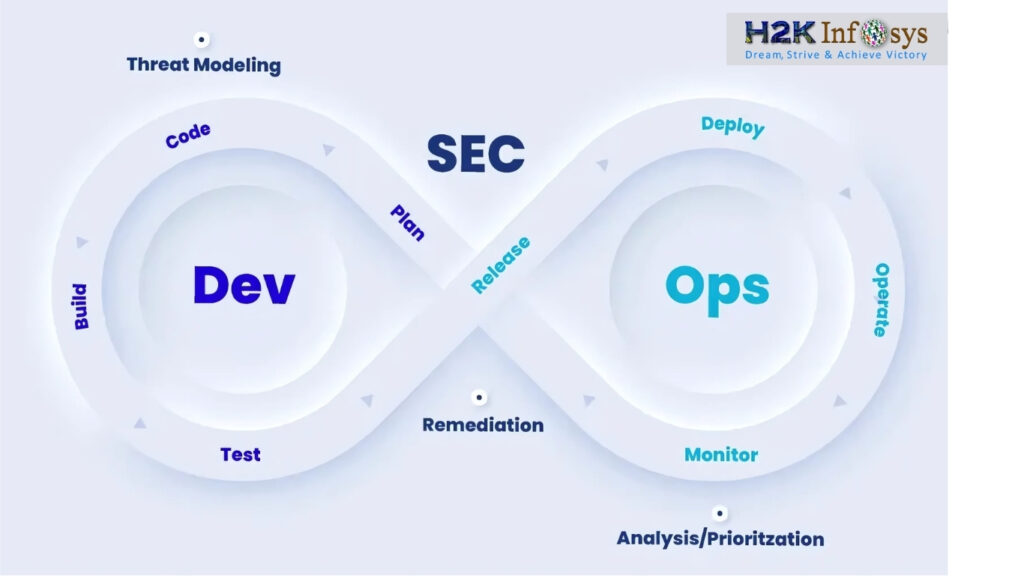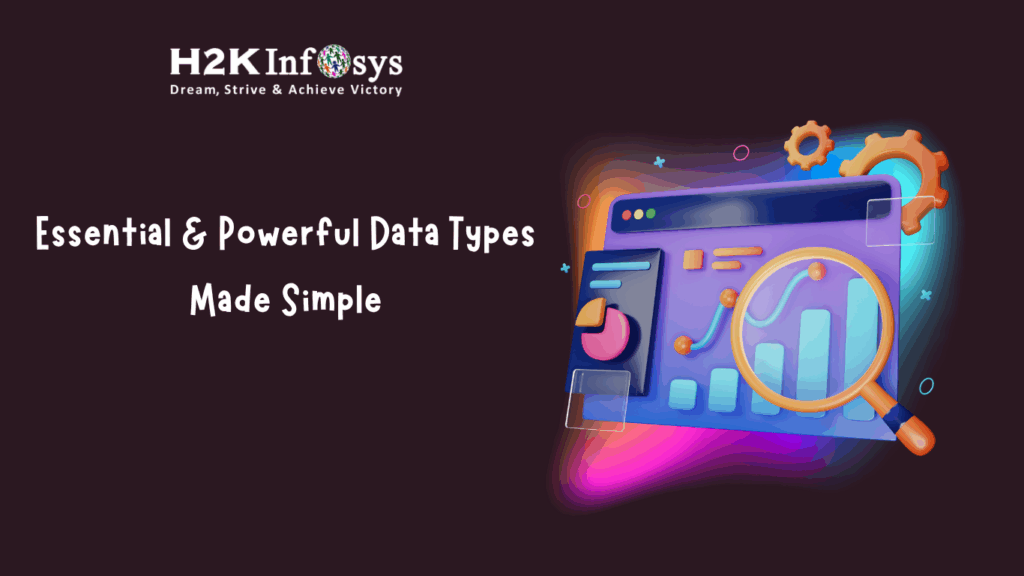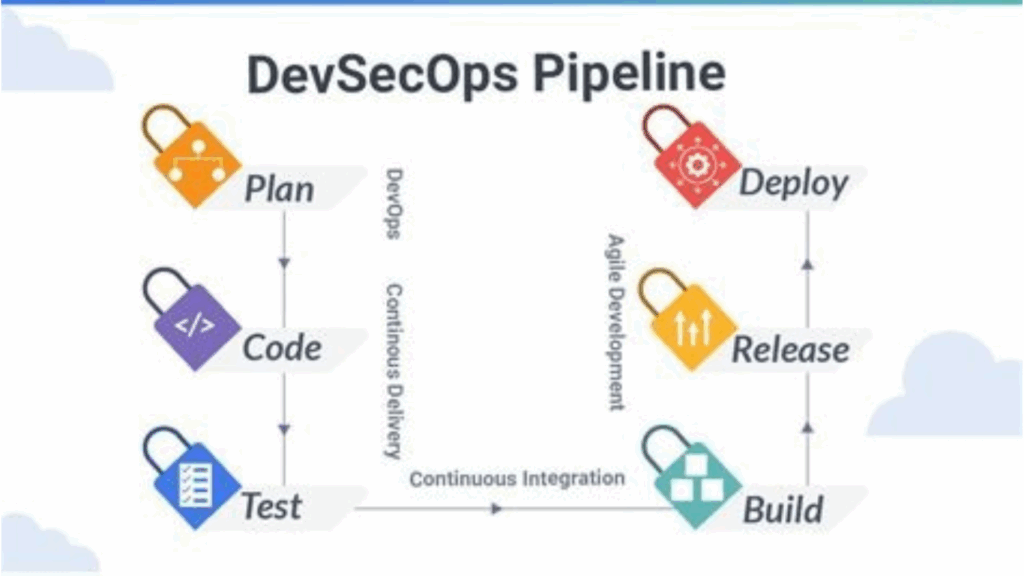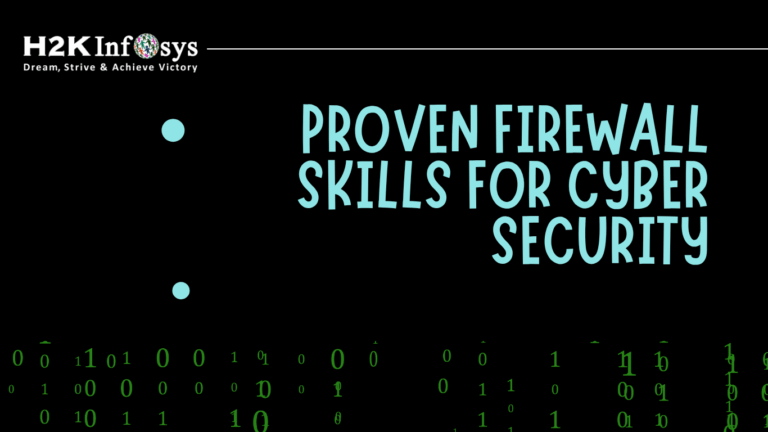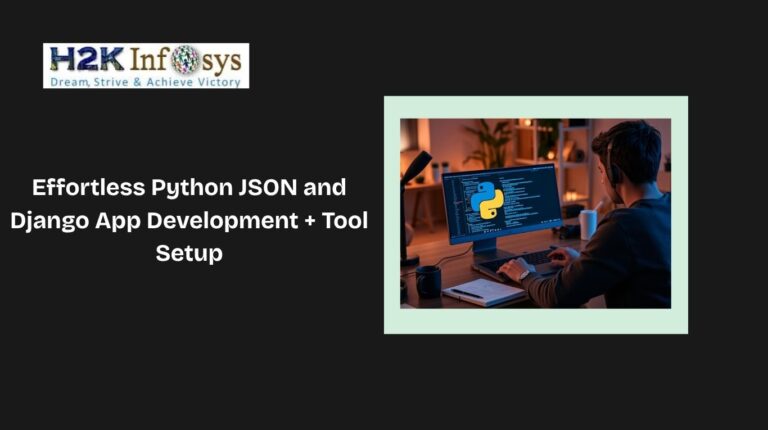Quality Assurance (QA) has emerged as one of the most critical fields in the software development lifecycle, ensuring that products meet high-quality standards before they reach end-users. For beginners stepping into the world of QA, it’s essential to equip themselves with foundational knowledge and practical skills. One effective way to gain this knowledge is by reading authoritative QA books penned by experts in the field. In this blog, we’ll explore some of the best QA books available for beginners who want to kick-start their journey effectively.
Why Books are Important for Learning QA
QA books are invaluable for acquiring structured and comprehensive knowledge. They provide a roadmap from basic concepts to advanced techniques, ensuring that readers develop a solid understanding. Unlike fragmented online resources, well-crafted books offer continuity and depth, which are crucial for beginners.
Here are some of the best QA books for beginners:
There are books on software QA testing that can provide a detailed description of key concepts and objectives of QA. Here are 5 of the best books. Meanwhile, you can also learn by enrolling in an Software testing boot camp with job guarantee
Best QA books
Testing Computer Software” by Cem Kaner, Jack Falk, and Hung Q. Nguyen
- Why it’s great: This book is highly recommended for beginners due to its clear explanations of testing concepts and techniques. It provides practical guidance on testing real-world software.
- Key topics: Test planning, bug reporting, user testing, and regression testing.
Software Testing: A Craftsman’s Approach (written by Paul C. Jorgensen).
As a Software QA tester, it is vital that you choose the most effective test scenarios when it comes to testing design, and there are various methods that you can adopt. Test designs like equivalent classes, Boundary analysis take a set of problems consisting of an infinite number of test ideas and then reduce them to a powerful new.
This book is so useful because Jorgensen provides some powerful examples like the getNextDate function, which instructs the system to get the next day as Output when given a single date as input. He also used uses different tests to show how the software could work with this example
All you have to do as a reader Is to ensure that you try to integrate design techniques into a single test strategy.
The Black Swan: The Impact of the Highly Improbable (written by Nassim Nicholas Taleb).
It is important that as a Software QA tester you think as a user. This means that you should learn and understand how people think about certain events and possibilities in particular ways. This book is a fun and interesting book which takes examples from unsuccessful financial systems draws important lessons from them and directly applies these lessons to software testing.
For example, Taleb considers a coin that when flipped, the coin comes up tails 99 times in a row. He then asks the odds that the tail comes up again. Using this example, he uses various perspectives regarding the question. He divided his answer into two, a skeptical answer and an academic answer. This clearly shows the flaws and irregularities in how people try to predict the future.
Agile Testing (written by Lisa Crispin and Janet Gregory)
In this book, the authors use the Agile Testing Quadrants model to explain QA testing. The Agile Testing Quadrants model includes the Business facing model, and the Technology facing model, supporting the team and critiquing the application. As a beginner reader, the authors provide you with various ways of thinking and analysing using this quadrant model. Using these four quadrants, the authors also provide you with a list of test techniques and approaches.
When reading the QA books, you will be coached on important success factors for both test automation which is a safety net to catch major defects as early as possible, and test tooling which runs in line with software development.
Agile Testing is a very important concept to understand, and the authors later describe it enables your team to not only release software in. Quicker manner, but also get more consistent feedback from the customers without having to conduct a rigid and expensive test phase. A concept called an iteration in the life of an Agile tester includes a sprint kickoff using story review, customer acceptance, functional testing, and regression testing.
Finally, this book provides you with a large number of test approaches and techniques that you can learn from. So it is advisable to take your time to read this QA books because Agile testing is a very useful concept to learn as a beginner in Software QA testing.
Accelerate: Building and Scaling High-Performance Technology Organisations (written by Nicole Forsgren, Jez Humble, and Gene Kim)
This book explains why more than recent software releases result in more value for business owners. As a beginner in QA testing, this book provides strategies that will challenge your thinking about software testing, which is a good thing, especially as a beginner.
The authors also examine productivity metrics in terms of time required to get a change from commit to production, number of deployments per year, and change failure percentage, amongst others. Finally, this book explains the concept of deployment pain, how it can be measured, and how it can result in burnout.
There are many QA books available on Software QA testing, but these books fully explain the fundamentals of what you need to know and understand. You can also join a QA online training to learn from QA professionals.
Conclusion
Starting a career in QA can be a rewarding journey, and having the right resources is crucial to your success. The QA books listed above provide a solid foundation in QA, covering everything from basic testing principles to advanced techniques and real-world applications. Whether you’re preparing for a certification, diving into Agile testing, or learning how to think like a tester, these QA books will equip you with the knowledge and skills needed to excel in your QA career. Happy reading and testing!

